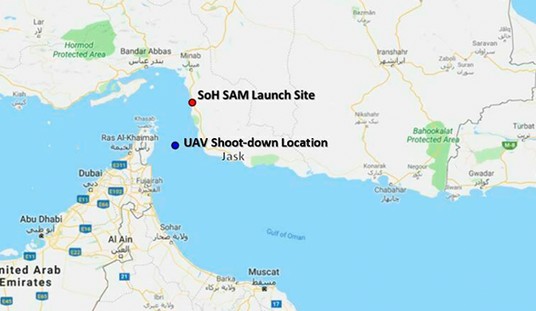Germany began what they hoped would be a magnificent transition away from fossil-fuel based energy sources a few years ago, but after their decision to simultaneously retire their nuclear energy plants, hugely subsidize wind and solar energy, and decline to further frack their own natural-gas reserves, they have little to show for it besides an unmitigated disaster of skyrocketing energy prices and a revival of coal-powered energy plants. On top of the $32 billion in the form of government subsidies that Germany is expected to spend in 2014 alone, the country recently got into trouble with the European Union for handing out tax breaks to companies in energy-intensive industries. Germany is worried that, if they don’t give these companies a big break on high energy prices, they’ll close up shop and move to more competitive pastures — like the United States, which is flush with shale-led energy abundance and cheaper natural gas prices.
If Germany is so worried about losing their competitive edge, however, there’s a very easy alternative to both coal-fired power plants and untoward tax breaks staring them smack in the face. Reuters gets it:
Germany’s gas industry says it needs shale to halt a sharp decline in domestic output, but behind its pleas lies private acknowledgement that environmental and political opposition is just too strong. …
“Currently, there is a decline in domestic production…a major share of planned investments in our industry is stymied politically,” said Hartmut Pick, spokesman for the WEG oil and gas industry group that produces domestic gas worth 4 to 5 billion euros ($5.4-6.8) a year. …
Despite suspected vast shale gas reserves in its north, Germany has not just passed up the chance to assess these, but also stopped expansion of its traditional gas technology two years ago, after local authorities and policymakers bowed to environmental concerns and refused new licences. …
“If Germany and other European countries do not try and tap their shale gas potential, they will likely have to pay higher gas prices in future than would otherwise be the case,” Dan Yergin, a U.S. energy advisor and vice chairman of IHS Cambridge Energy Research Associates, told Reuters.
If, on the other hand, its shale resources were developed, German would be able to “maintain its competitiveness and export strength in the global economy, which is so critical to Germany’s overall economic performance,” Yergin said.
Germany has been fracking for more than 50 years, but environmentalist scaremongers determined to move the country toward an almost fully-renewable energy scheme are having none of it and insisting the Germany transition away from that, too — but that kind of political stubbornness is a great recipe to both marginalize Germany’s economic competitiveness, as well as induce energy companies to bring more coal-powered plants online. Good work, greens.








Join the conversation as a VIP Member